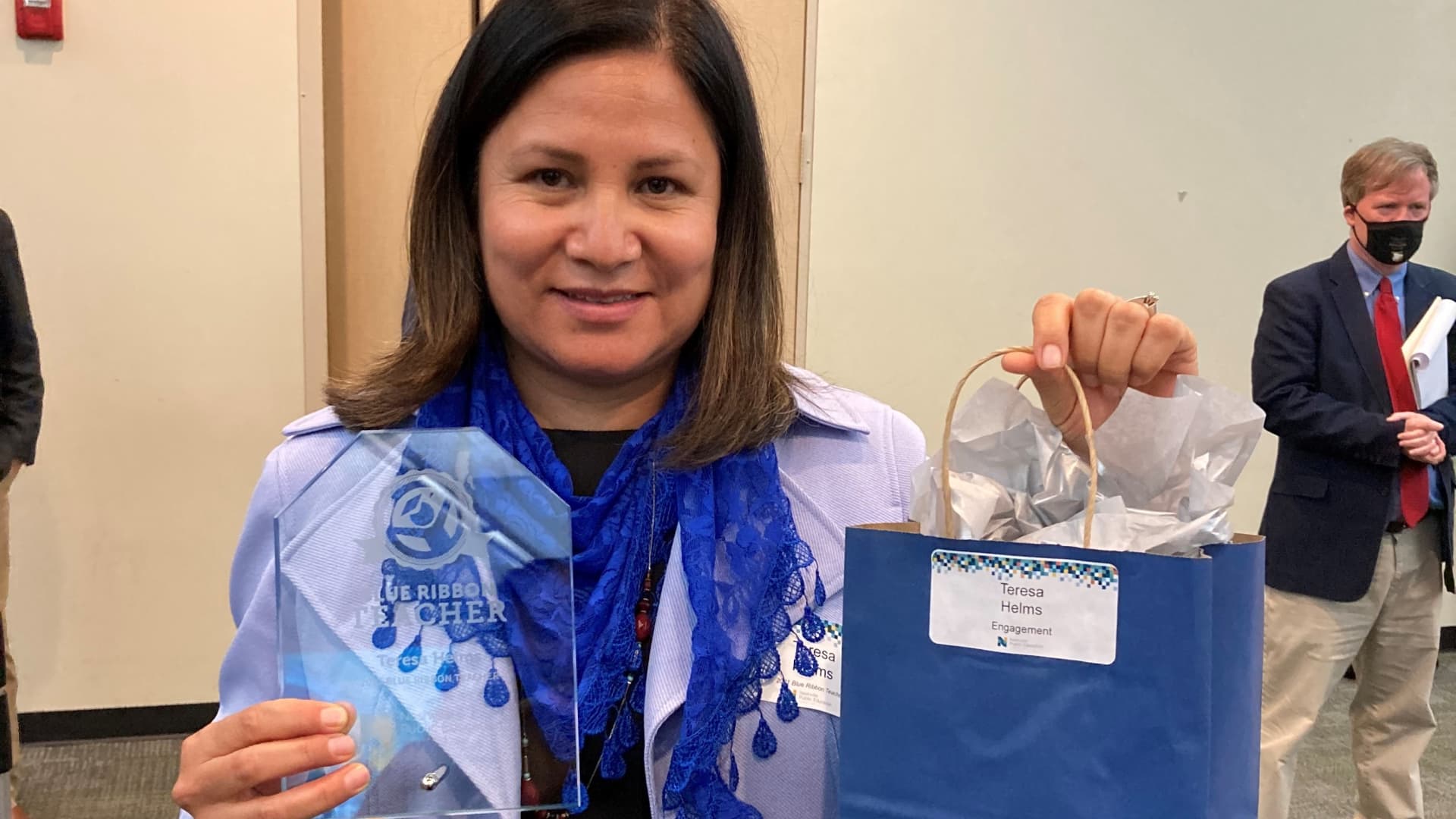This story is part of CNBC’s new quarterly Cities of Success series, which explores cities that have been transformed into business hubs with an entrepreneurial spirit that has attracted capital, companies and workers.
As Americans grapple with economic uncertainty, educators in Nashville, Tennessee, are preparing high school and middle school students with personal finance courses that many of their parents never had.
Currently, 23 states, including Tennessee, guarantee at least one semester of personal finance before high school graduation, according to Next Gen Personal Finance.
Tennessee is one of eight states — along with Alabama, Iowa, Mississippi, Missouri, North Carolina, Utah and Virginia — that has fully implemented the requirement.
“It’s been a joy and a delight,” said Michael Morrow, 46, who was recruited to bring financial literacy to Lead Southeast High School in Nashville and now trains other educators through Tennessee Jump$tart‘s annual conference.
While Morrow teaches money management topics like savings, credit and debt, he also covers charitable donations and other giving, which differs from some other schools.
“The concept of giving has been one of the main priorities,” said Morrow, who was one of the first teachers to receive Tennessee Jump$tart’s Excellence in Financial Education Educator of the Year award.
“It changes their life for the better because it tells them ‘it’s not always about me,'” he said.
The concept of giving has been one of the main priorities.Michael MorrowEducator at Lead Southeast High School
Over the years, Morrow has seen students meet financial goals, like saving to cover Christmas gifts for family or start a business. Those lessons have open spilled often to their parents, who have tapped him for credit or other money advice.
“We teach them these concepts and the power behind it,” he said. “It changes a lot of their mindsets for the better.”
‘I think it’s going to be life-changing for them’
While personal finance isn’t required for middle school students, Teresa Helms, 45, recently began teaching My Classroom Economy, a financial literacy program.
“I’m not the teacher you would expect to be doing this,” said Helms, who teaches fifth through eighth grade Spanish at Rose Park Middle School in Nashville. “But the students are very excited.”
Since 2018, nearly 8,900 Tennessee students have used My Classroom Economy and more than two-thirds of teachers have reported a boost in students’ financial skills, according to the Tennessee Financial Literacy Commission’s 2022 annual report.
The program integrates with any subject, allowing students to earn rewards, budget and spend money on items sold in her classroom’s store, Helms explained.
While her classes are still starting the program, she thinks it will impact students in ways they aren’t expecting, including future career interests. ”I think it’s going to be life-changing for them,” Helms added.
‘The main thing I try to do is plant seeds’
Another award-winning educator, Shelly Lott, 60, brought financial literacy to Northeast Middle School in Clarksville, Tennessee, which is roughly 50 miles northwest of Nashville.
A former math teacher, Lott now leads Money Matters for Middle Schoolers, a course for sixth through eighth grade students, covering topics like savings, budgeting, income, behavioral finance, insurance and identity theft.
The main thing I try to do is plant seeds, and eventually I’m hoping they get fertilized by more information.Shelly LottEducator at Northeast Middle School
“The main thing I try to do is plant seeds, and eventually I’m hoping they get fertilized by more information,” said Lott, who also serves on the Tennessee Financial Literacy Commission’s Distinguished Educator Council.
Lott said the personal finance course provides real-world applications of what students learn in math classes. For example, learning discounts later helps when calculating percentages.
“I know they’re not going to master these skills in middle school,” she said. “But it’s part of a foundation that’s really important.”
TUNE IN: “Cities of Success” special featuring Nashville, Tennessee, will air on CNBC on Dec. 6 at 10 p.m. ET/PT.
